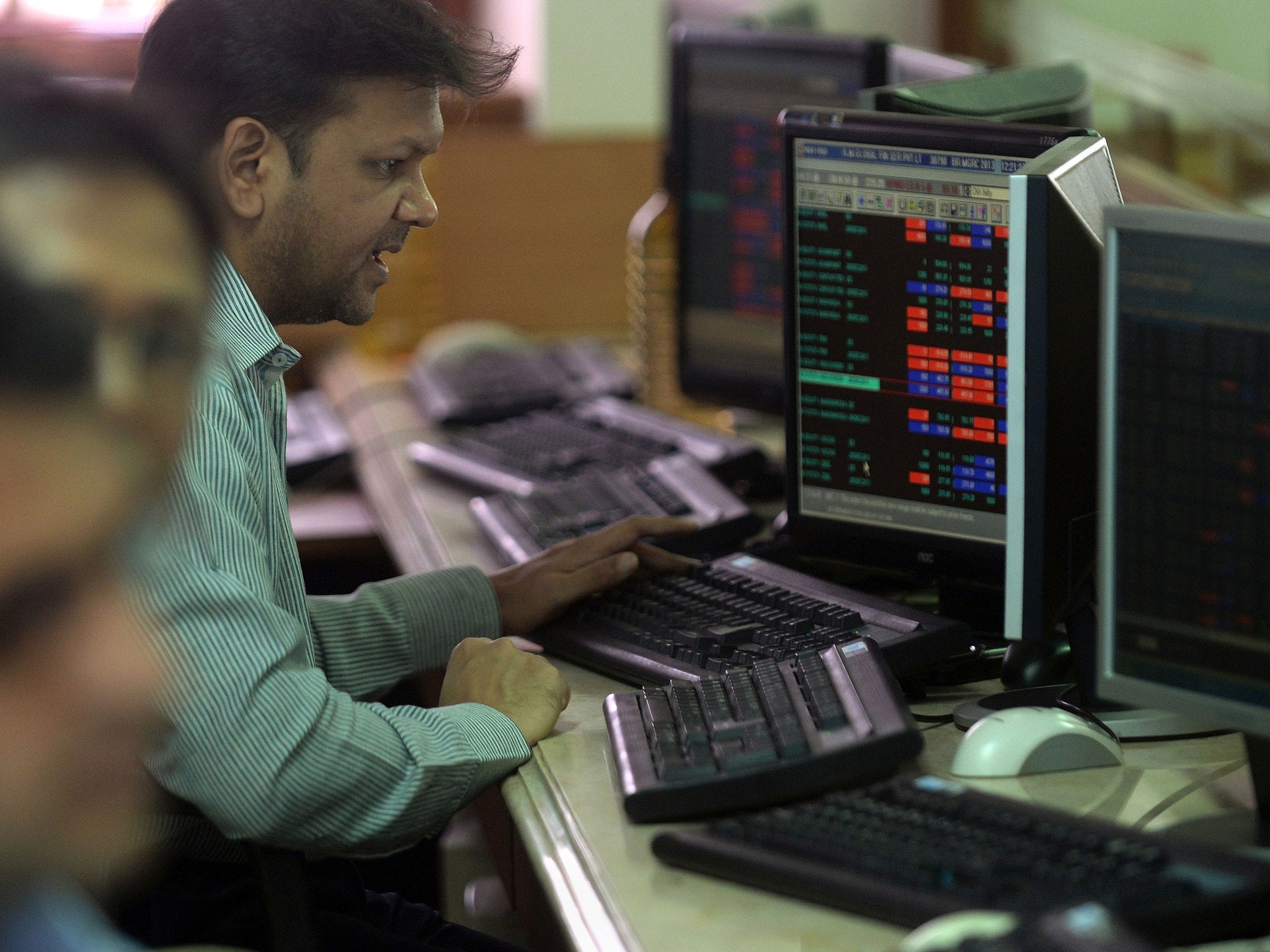The Independent's journalism is supported by our readers. When you purchase through links on our site, we may earn commission.
Porn in India is actually still banned: internet companies fail to unblock adult sites
Government has permitted sites to come back online, unless they have child pornography — but since it is so hard for internet service providers to check all sites, they are just refusing to turn any back on

Your support helps us to tell the story
From reproductive rights to climate change to Big Tech, The Independent is on the ground when the story is developing. Whether it's investigating the financials of Elon Musk's pro-Trump PAC or producing our latest documentary, 'The A Word', which shines a light on the American women fighting for reproductive rights, we know how important it is to parse out the facts from the messaging.
At such a critical moment in US history, we need reporters on the ground. Your donation allows us to keep sending journalists to speak to both sides of the story.
The Independent is trusted by Americans across the entire political spectrum. And unlike many other quality news outlets, we choose not to lock Americans out of our reporting and analysis with paywalls. We believe quality journalism should be available to everyone, paid for by those who can afford it.
Your support makes all the difference.Porn is still effectively banned in India, since a government directive to unblock it is too vague to implement.
The government banned porn over the weekend, but after vast amounts of criticism quickly undid the block. But it came with a catch — that sites that allow child porn should not be let back online — which has become too difficult for internet providers to implement.
"ISPs have no way or mechanism to filter out child pornography from URLs, and the further unlimited sub-links," Internet Service Providers Association of India (ISPAI) said, reports the Times of India.
Internet companies have pointed out that even if they were to check all of the sites that are being let back through, their contents could change at any time. That would mean that the company could be liable to punishment by the government — despite having run all the necessary checks.
"The ISPs do not have mechanism to check the content, as the same is dynamic in nature. Hence, we request your good self to advise us immediately on the future course of action in this regard. Till your further directive, the ISPs are keeping the said 857 URLs disabled," the ISPAI said according to the Times of India.
The Indian government rolled back the ban very soon after it was installed, following a huge social media uproar. It has been looking to play down the effects since.
Join our commenting forum
Join thought-provoking conversations, follow other Independent readers and see their replies
Comments